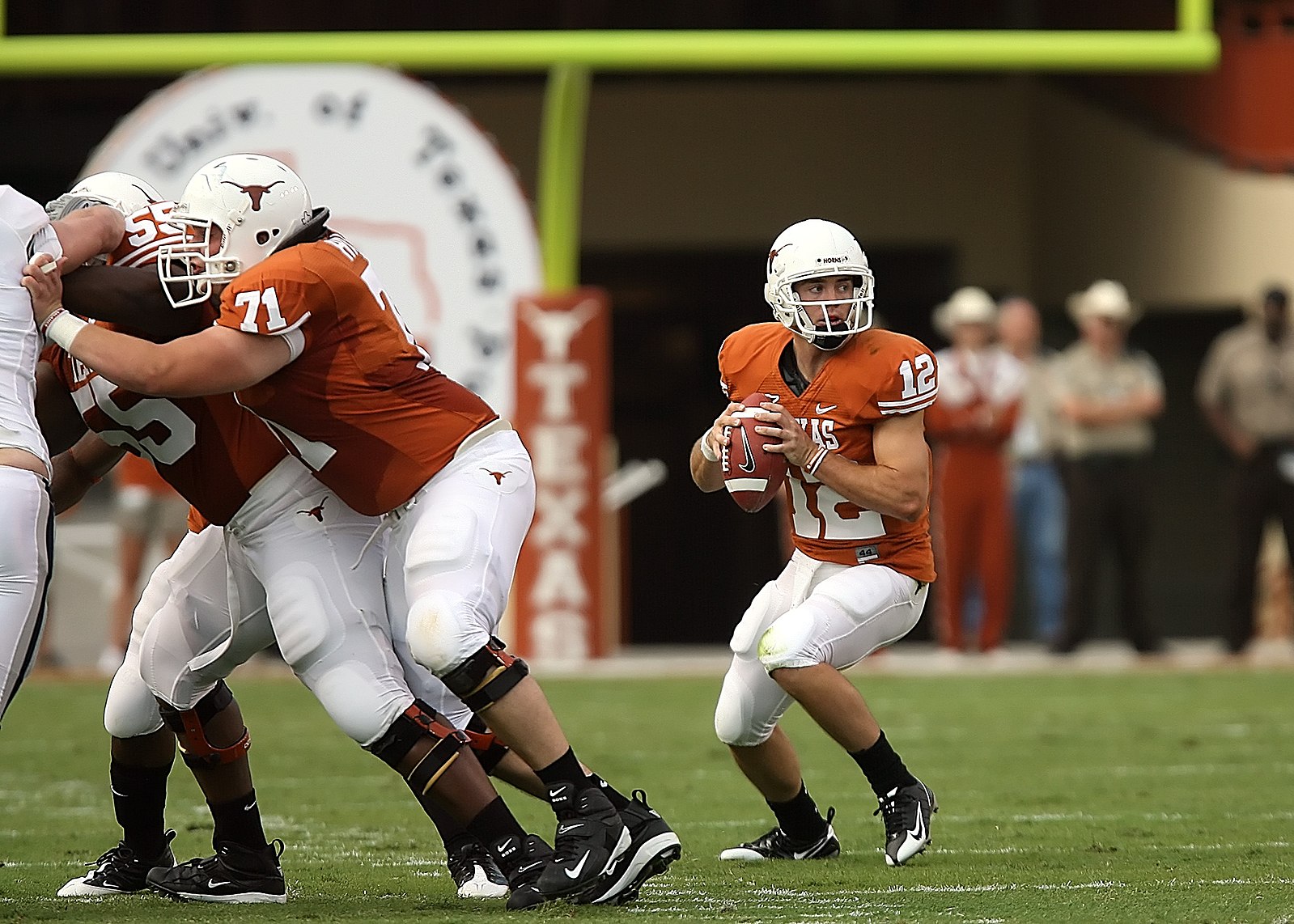
Holden Hopkins is a student at Harvard Law School.
In today’s News & Commentary, the NCAA and college athletes seek approval of a settlement on pay, DC announces historic workers’ rights enforcement action, and the Third Circuit upholds a New Jersey temporary worker law.
As Otto reported in May, college athletes and the NCAA reached a settlement allowing for revenue sharing in an attempt to resolve three pending antitrust lawsuits brought by the players against the Association. Attorneys for the plaintiff athletes have now filed for preliminary approval of the $2.8 billion deal, which would see hundreds of thousands of athletes across a variety of sports recover. Final approval is anticipated to come in early 2025.
However, as Bloomberg notes, this preliminary deal features a notable gender pay disparity. Under the terms, men’s football and basketball players would each receive $135,000, while women’s basketball players would only recover $35,000 on average. The fact that these terms come now, after the most recent March Madness in which the women’s games far outshone the men’s—at least in terms of viewership—highlights the potential inequity.
Jeffrey Kessler, lead attorney for the athletes, says the disparity is based on the fact that the settlement focuses on past revenue generations. “Unfortunately, women’s sports revenues were very low in the past,” Kessler states. He anticipates that schools will also devote more resources to women’s sports moving forward in order to avoid lawsuits under Title IX, which prevents discrimination between men’s and women’s sports.
The Office of DC Attorney General Brian Schwalb announced this morning that they had secured a $3.75 million recovery against Power Design, a construction firm, for misclassification of workers as independent contractors by the firm’s subcontractors. This settlement represents the largest workers’ rights enforcement action in the District’s history. Power Design has worked on more than 200 projects across DC, and hundreds of construction workers are anticipated to receive restitution as a part of the settlement. The full terms of the settlement also institute a three year compliance monitoring period and mandate that the firm reform its subcontracting processes, among other requirements.
Last Wednesday, the Third Circuit upheld New Jersey’s “Temporary Workers’ Bill of Rights”, affirming a lower court’s denial of a preliminary injunction. That law includes a number of protections for temporary workers, including requirements that they be given the same compensation and benefits as full-time employees. A coalition of staffing agency industry groups argued that the law was unconstitutional as a violation of the dormant Commerce Clause. The Court rejected this claim, holding that the law did not favor in-state over out-of-state commerce and that any economic impacts of the law are incidental to its goal of creating consistency between full-time and temporary workers.
Other challenges to the law still remain, however. The same industry groups have another pending suit alleging that the benefits portion of the law is preempted under ERISA. A motion to enjoin those benefits provisions is currently pending.






Daily News & Commentary
Start your day with our roundup of the latest labor developments. See all
March 3
In today’s news and commentary, Texas dismantles their contracting program for minorities, NextEra settles an ERISA lawsuit, and Chipotle beats an age discrimination suit. Texas Acting Comptroller Kelly Hancock is being sued in state court for allegedly unlawfully dismantling the Historically Underutilized Business (HUB) program, a 1990s initiative signed by former Governor George W. Bush […]
March 2
Block lays off over 4,000 workers; H-1B fee data is revealed.
March 1
The NLRB officially rescinds the Biden-era standard for determining joint-employer status; the DOL proposes a rule that would rescind the Biden-era standard for determining independent contractor status; and Walmart pays $100 million for deceiving delivery drivers regarding wages and tips.
February 27
The Ninth Circuit allows Trump to dismantle certain government unions based on national security concerns; and the DOL set to focus enforcement on firms with “outsized market power.”
February 26
Workplace AI regulations proposed in Michigan; en banc D.C. Circuit hears oral argument in CFPB case; white police officers sue Philadelphia over DEI policy.
February 25
OSHA workplace inspections significantly drop in 2025; the Court denies a petition for certiorari to review a Minnesota law banning mandatory anti-union meetings at work; and the Court declines two petitions to determine whether Air Force service members should receive backpay as a result of religious challenges to the now-revoked COVID-19 vaccine mandate.